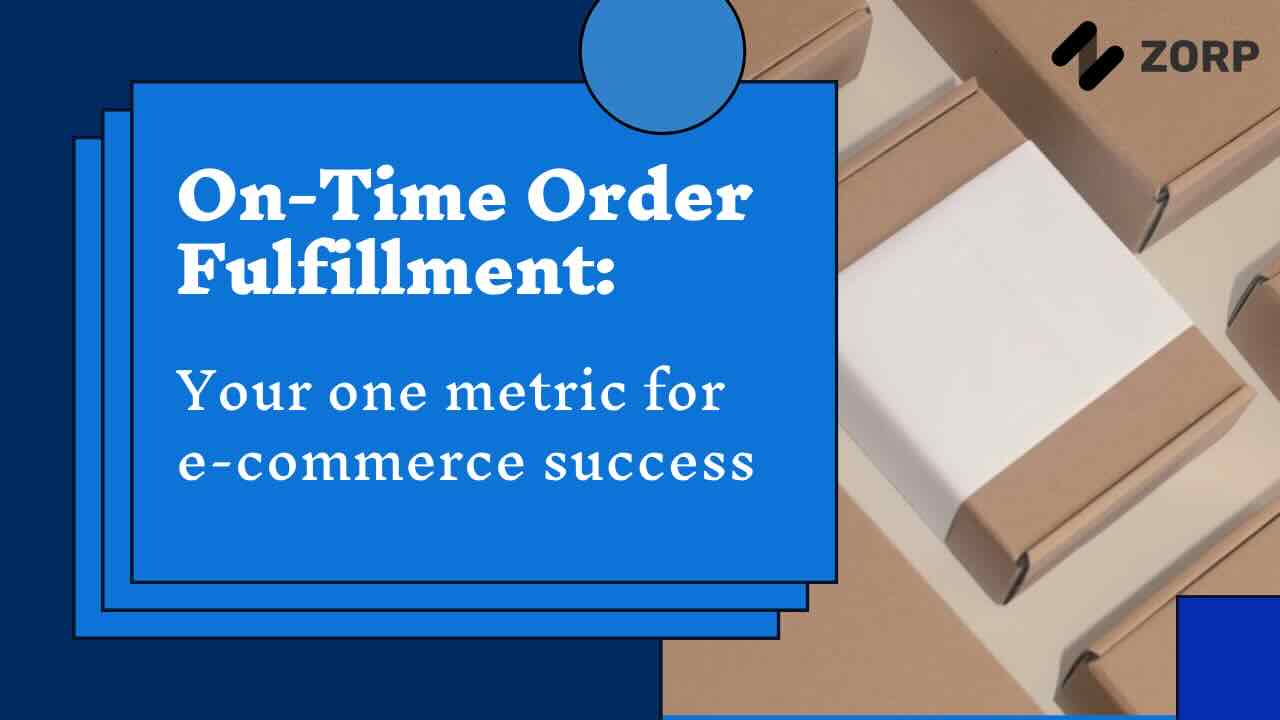With the ever-changing retail landscape, staying up-to-date on the latest trends and practices is essential for success. That’s why we’ve put together this comprehensive guide on retail audits; it’s a must-have resource for any retailer in 2024-2025.
Suppliers must develop a strong retail execution strategy if they intend to remain competitive in today's market for the long term. Retail audits effectively allow businesses to capture information that affects the health of their business and products. Based on what has worked and has not worked, business owners and managers can make better decisions and adjust their retail plans in the future.
This blog post will provide you with all the information you require to be able to conduct a retail audit as well as how you can make better decisions for your business in the future based on the data you collect from your audit.
In order to ensure that a retail business is running smoothly and efficiently, a retail audit is often conducted. This type of audit assesses all aspects of the business, from the physical store layout to customer service procedures. By closely examining the inner workings of a retail business, any areas that need improvement can be identified and addressed.
A retail store audit can be conducted by an external company or by an internal team within the organization. Either way, the goal is to provide an objective analysis of the business so that improvements are made.
The scope of a retail audit will vary depending on the size and type of business being audited. For example, a small shop will likely have a different focus than a large department store chain.
However, some common elements that are often included in a retail audit are as follows:
By taking a comprehensive look at all aspects of the business, a retail audit can help to identify any areas that may need improvement. A retail business can become more efficient and profitable by making changes in these areas.
In addition to improving the bottom line, a retail audit can also help to improve customer experience. By making changes based on the findings of a retail audit, businesses can better meet the needs of their customers and deliver a more enjoyable shopping experience.
Overall, a retail audit is an important tool for understanding the entire scope of a retail business and can be used to make improvements that will benefit both customers and the business itself.
An audit is an objective, independent evaluation of your retail business. It can help you identify areas of improvement and potential risks. An audit can also give you peace of mind knowing that your business is operating effectively and efficiently.
There are many benefits to conducting a retail audit. Here are a few of the most important:
An audit is an important part of running a successful retail business. It can give you valuable insights into your business operations and help you identify areas of improvement. With the right information and strategies, you can make improvements that will positively impact your bottom line.
An audit can also be a valuable tool for benchmarking your performance against industry standards and best practices. By understanding where your business falls short, you can make changes to improve your operations and compete more effectively.
Businesses conduct audits internally via their staff or externally by an independent third party. Either way, they should be conducted regularly to ensure that your business is on track and complying with relevant laws and regulations.
Overall, an audit is a valuable tool that can help you make better-informed decisions and ensure the success of your business.
Two types of retail audits are commonly conducted: external and internal. External retail audits are conducted by a third party, such as a shopping company, to provide an objective perspective of the retail store. Employees of the retail store conduct internal retail audits to identify areas in which they can improve.
External retail audits can be extremely beneficial for stores, as they provide an unbiased perspective of the customer experience. This type of audit can help to identify any potential problems that may be occurring in the store, such as poor customer service or messy displays. Additionally, external retail audits can also be used to benchmark a store against its competitors.
Internal retail audits are conducted by store employees to identify areas in which they can improve. This type of audit is often used in conjunction with external retail audits, as it can help to provide a more holistic view of the store’s operations. Internal retail audits can be used to assess various aspects of the store, such as employee performance or compliance with company policies.
Both types of retail audits are beneficial for stores, as they provide insight into potential areas for improvement. External retail audits can be particularly beneficial for stores, as they provide an unbiased perspective of the customer experience that can be difficult to achieve internally. External retail audits provide an unbiased perspective of the customer experience, while internal retail audits can be used to assess various aspects of the store’s operations.
Conducting both types of retail audits is essential for stores in order to ensure that they provide customers with the best possible experience.
Having realized the importance of retail audits, what steps can your organization take to ensure that they are carried out properly? For your team to be able to get the most out of each store visit, consider following the following procedure.
Ensure that you and your team have the skills to interpret the data collected throughout your retail auditing process to ensure that your retail auditing process is successful.
In order to make sense of the retail execution data, we must be aware of three types of data: observational data, activity data, and sales data.
There are many advantages of using retail audit software and mobile apps to streamline the retail audit process. Retail audit software provides a centralized location for all audit data and results, which authorized users from any location can access. This can save a lot of time and money, as well as improve communication between auditors and retail store management.
Another advantage of using retail audit software is that it can automate many tasks associated with conducting a retail audit. For example, some software programs can generate random sample selection lists, track inventory levels, and calculate results automatically. This can free up auditors' time to focus on more important tasks, such as analyzing data and writing reports.
In addition, mobile apps can provide a number of benefits for both auditors and retailers. Mobile apps can be used to collect data during an audit, which can then be uploaded to the central database. This eliminates the need for paper records, which can be lost or damaged easily. In addition, mobile apps can be used to create customized reports that include photos and other visual aids. This can help auditors communicate their findings more effectively to retail store management.
A retail audit can be conducted to evaluate the effectiveness of your retail execution strategy as a whole. A retail audit can provide valuable information, but its quality determines how valuable the insights gained from the audit are.
Consider streamlining your retail audit process by enhancing data collection and scheduling, as well as analyzing your data. When you perform audits, ensure you spend the time evaluating your findings so that you can make informed, agile decisions based on your findings.
A mobile app can be a great tool for conducting audits. It can help you keep track of your finances and ensure that you comply with regulations. It’ll save you time, energy, and resources. Moreover, the results obtained are very objective, and thus the application of outcomes becomes easy and profitmaking.
Zorp is a drag-and-drop app builder platform that allows users to create custom apps without writing any code, making it ideal for an audit app. With Zorp, you can quickly and easily create an app that meets your specific needs. You can add custom-made audit parameters to obtain the best result.


